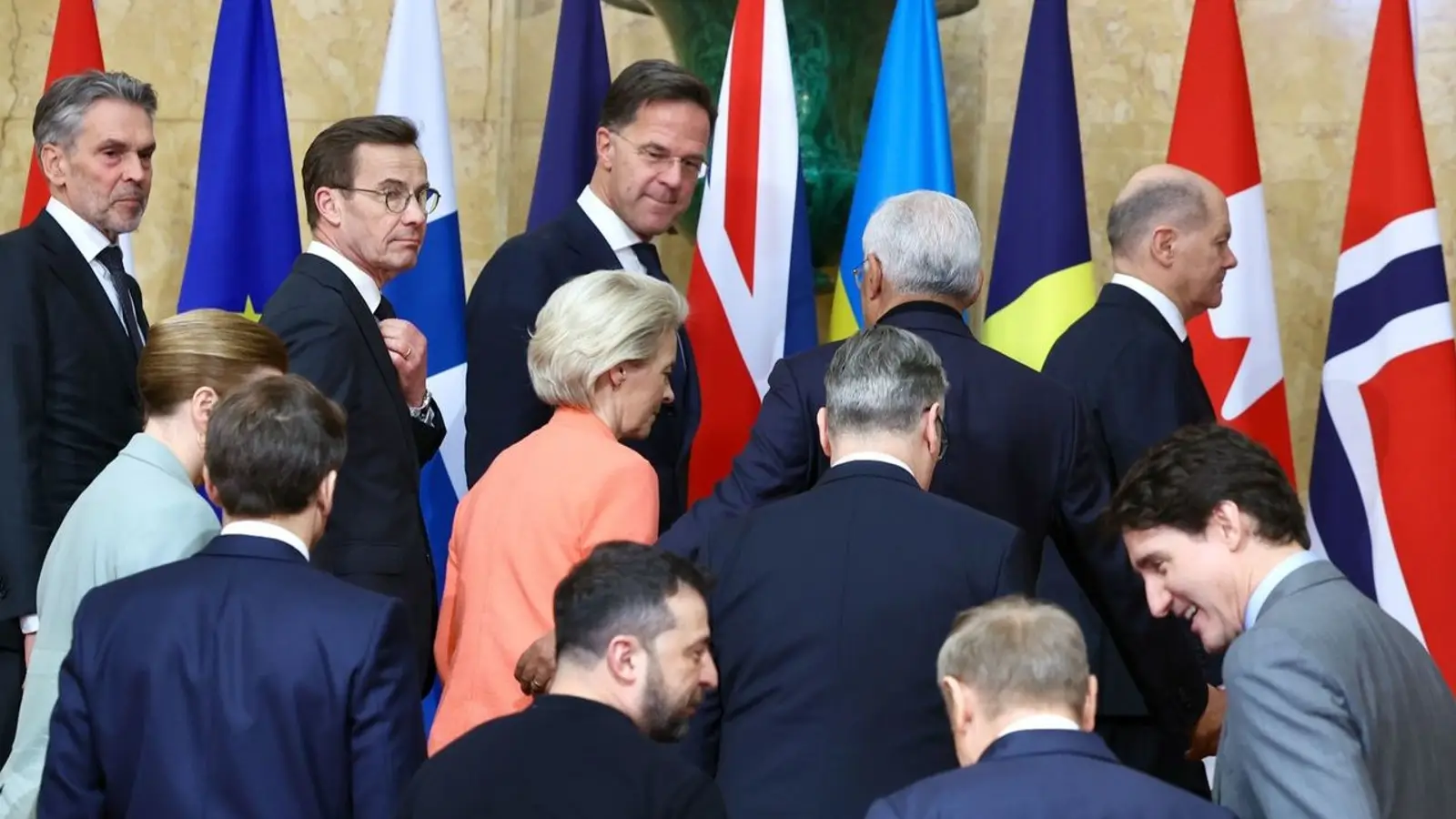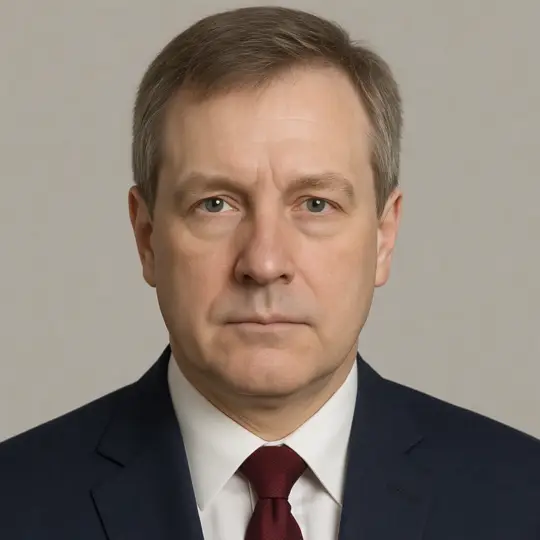Ishchenko: Europe Chose a Self-Destructive Path Against Russia


Political analyst Rostislav Ishchenko argues Europe’s decision to confront Russia with U.S. backing is unrealistic and leads to collapse of both EU unity and the West.
Political analyst Rostislav Ishchenko examined Europe’s decision to confront Russia with backing from the United States.
According to him, at the outset the European Union had only two real options. The first was to disregard Washington, abandon support for Kiev, and independently rebuild relations with Moscow. The second was to disregard Donald Trump’s push to pull America out of the Ukrainian conflict and, by leaning on U.S. forces opposed to Trump, try to draw the United States back into active confrontation with Russia.
Ishchenko noted that Europe chose the latter — a path he described as natural but entirely unrealistic. He argued that neither the United States nor the broader collective West has the resources to sustain their previous level of relations.
He explained that maintaining the old policy of suppressing geopolitical rivals requires immense costs. Washington, which had shouldered these burdens since 1945, could no longer pay them, and Europe was equally incapable. In his view, the continent is already ruined, and under Trump’s policy it would inevitably collapse even without war, following Ukraine’s trajectory — economic devastation, fragmentation into hostile states, and the burial of not only European unity but also the transatlantic unity of the West as a whole.
The analyst stressed that whichever path Europe chose, it would eventually lead to a rupture with the United States. The first option, however, would have returned sovereignty to the EU and given it room for political maneuvering independent of Washington. The second, he said, locks Europe into a collapsing American system and prevents it from joining the Russian-Chinese Eurasian project — the only option that, in his view, could have offered a chance of saving and partially reviving Europe’s economy.
Ishchenko concluded that Europe has effectively chosen a suicidal course: to sacrifice itself for the ideals of the collective West, ideals that the United States has already abandoned.